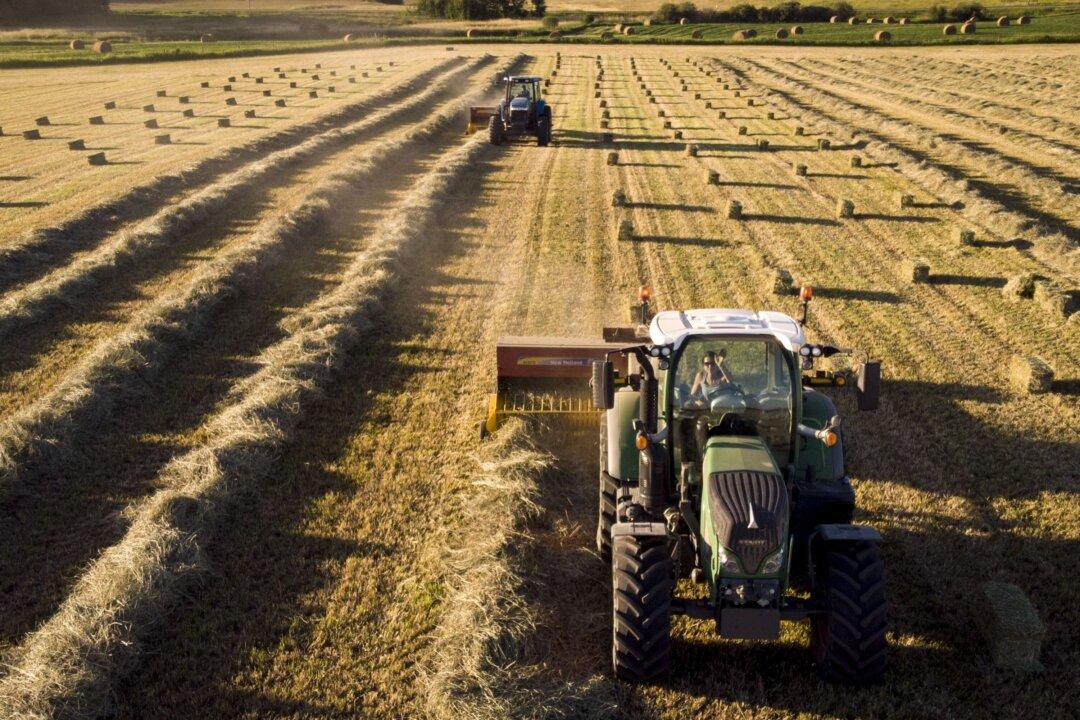A national coalition of agricultural groups wants Ottawa to acknowledge its efforts to reduce carbon emissions, but its task will be difficult, say experts.
The Agricultural Carbon Alliance (ACA) was formed March 1 to engage the federal government on carbon pricing and advocate for practical options regarding offsets, rebates, and exemptions. Its 14 organizations account for more than 190,000 farm businesses, and together they steward some 62 million hectares, which is over 7 percent of Canada’s land mass.





